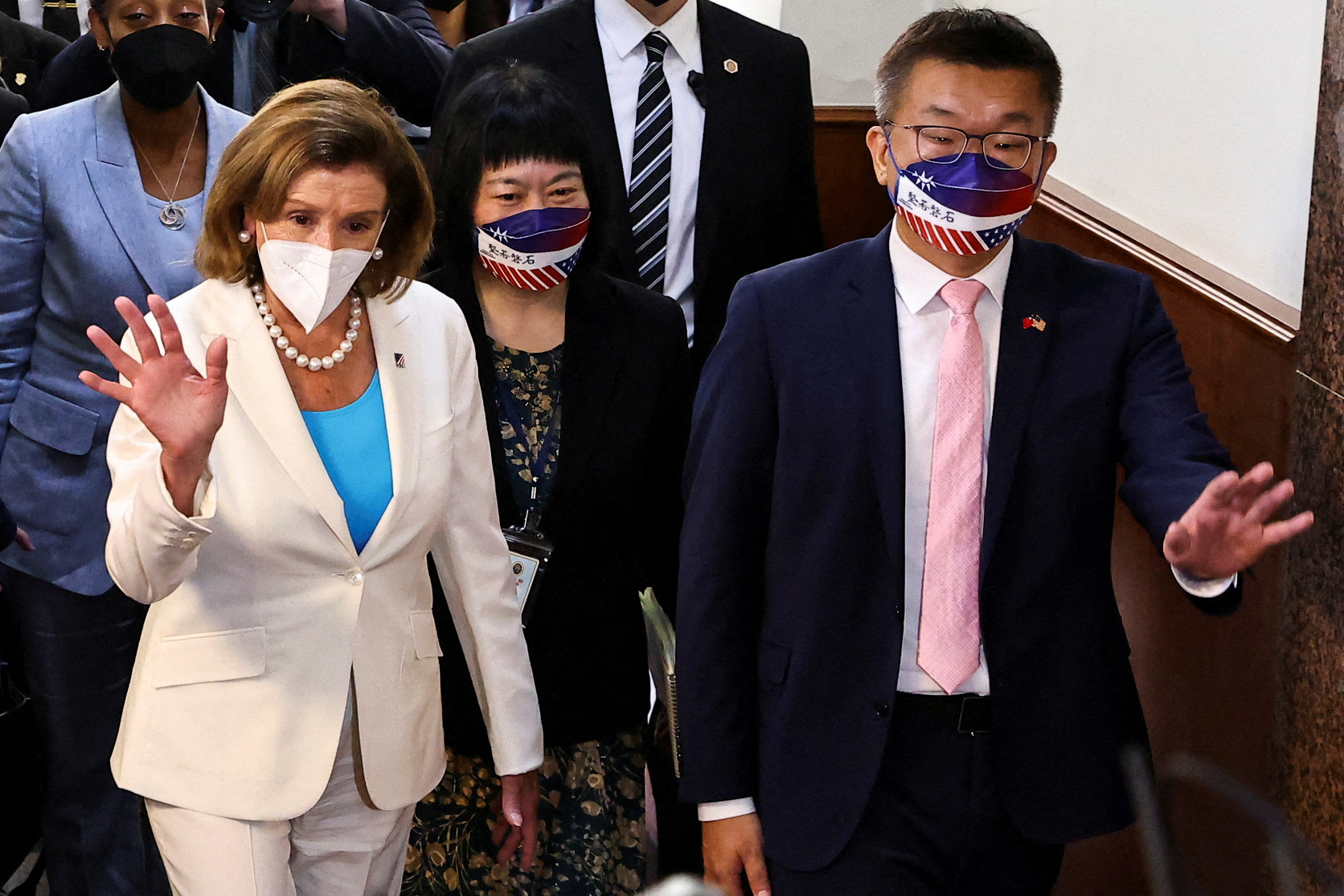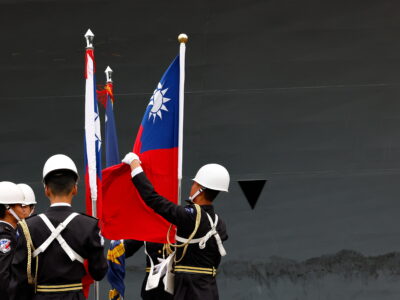Why Are We Sleepwalking Away From the One China Policy?
The circuitous route taken by House Speaker Nancy Pelosi‘s plane from Kuala Lumpur to Taipei, flying on the eastern side of the Philippines so as to completely avoid the South China Sea and a possible interdiction or clash with Chinese military forces, was gripping drama. Flightradar24, a popular flight tracking website, reported that 2.92 million people followed at least a portion of her flight. But her after-dark arrival in Taipei isn’t just a one-off provocation from Washington to Beijing. To the contrary, it’s the most recent example of Washington paying only lip service to commitments made to the One China policy and the 1972 Shanghai Communique.
The communique laid the groundwork for China’s reengagement with much of the world, as well a peaceful relations between Beijing and the United States. This has led to a period of unprecedented Chinese economic growth and human development. But actions taken by both the Trump and Biden administrations call into question U.S. commitments to the 50-year-old agreement.
The Shanghai Communique, a diplomatic agreement signed by the two countries, was the culmination of President Richard Nixon’s groundbreaking 1972 trip to China. It affirms that “there is but one China and that Taiwan is a part of China.” That policy, coupled with U.S. military aid and weapons sales to Taiwan and a U.S. position of “strategic ambiguity,” allowing unofficial relations with the island, helped ensure a stable U.S.-China relationship and deterred the possibility of a Chinese military takeover of Taiwan. It also made possible China’s part of the bargain: Beijing would drop efforts to “liberate” Taiwan and pursue peaceful unification.
Biden’s comments earlier this year that the U.S. would militarily defend Taiwan if it were attacked by China—interpreted as a rejection of Strategic Ambiguity, potentially a violation of the Shanghai Communiques’ statement that all U.S. forces would be withdrawn from Taiwan and a deviation from the 1979 Taiwan Relations Act’s stipulation that a Chinese threat to Taiwan would be assessed by the President and a response developed in consultation with Congress – all necessitated walk-backs and assurances that the U.S. still abides by the One China policy.
Read the full piece in Newsweek.



